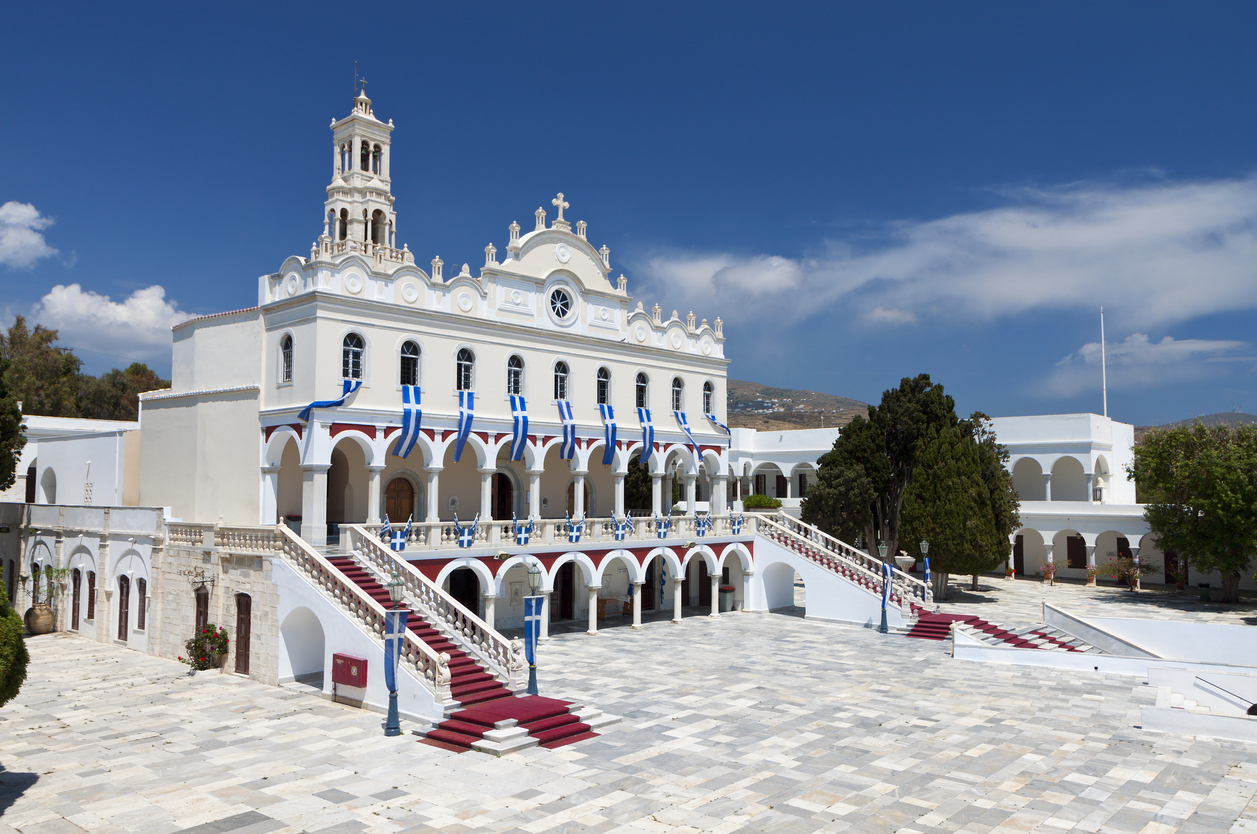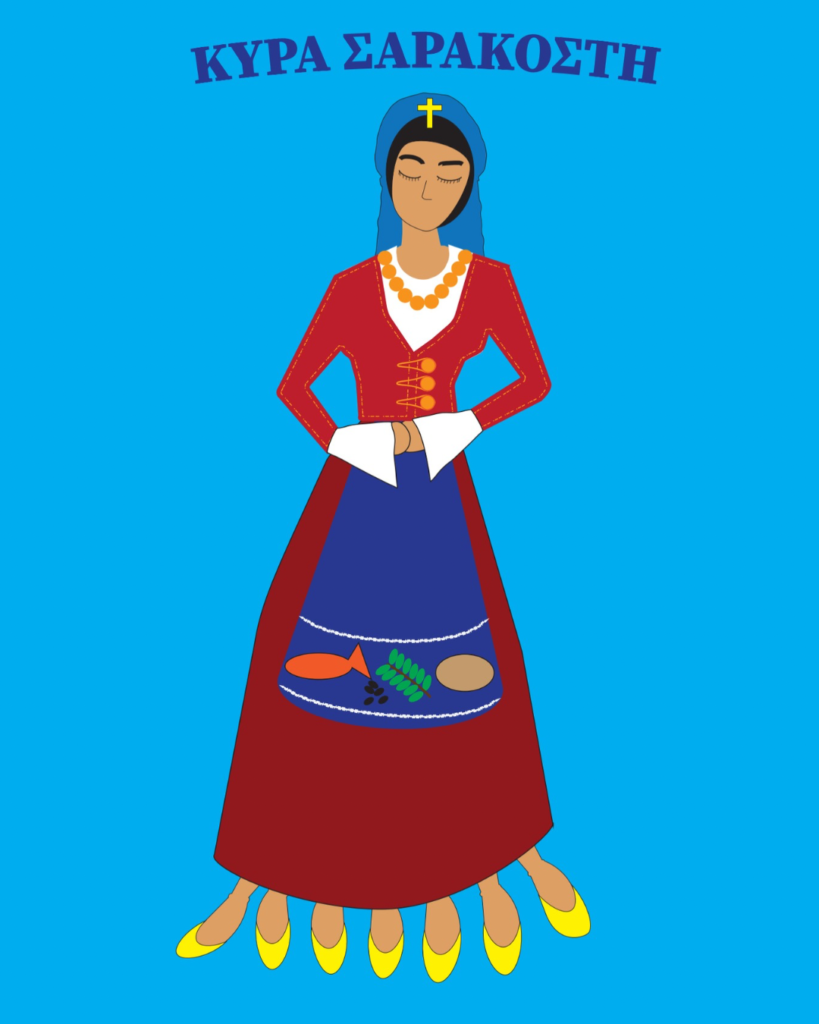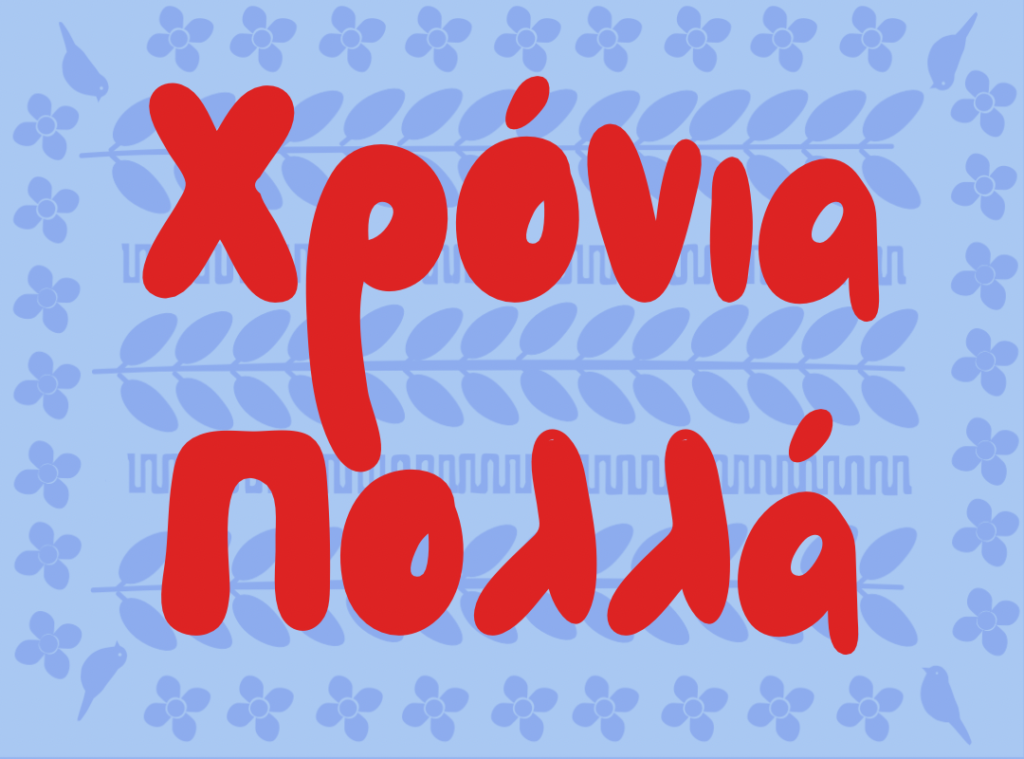August 15th, known as Dekapentavgoustos in Greece, is one of the most significant days on the Greek calendar, rivaling even Easter and Christmas in its importance. This date marks the celebration of the Dormition of the Virgin Mary, or “Koimisis tis Theotokou” in Greek, a day that resonates deeply within the cultural and spiritual life of the nation.
The Dormition of the Virgin Mary: A Holy Day
The Dormition refers to the “falling asleep” or passing of the Virgin Mary, and her assumption into heaven. It’s a day of reverence, often considered the “summer Easter” by Greeks due to its profound religious significance. According to Orthodox Christian tradition, the Virgin Mary, having completed her earthly life, was taken up into heaven, body and soul. This event is seen as a moment of both mourning and celebration—mourning her departure from the earth, but celebrating her assumption into heaven, where she is believed to continue interceding for humanity.
This day is not just about religious observance but is also a celebration of life, community, and tradition. Across Greece, people gather in their hometowns, villages, or islands, bringing a sense of togetherness that’s rare in today’s fast-paced world.
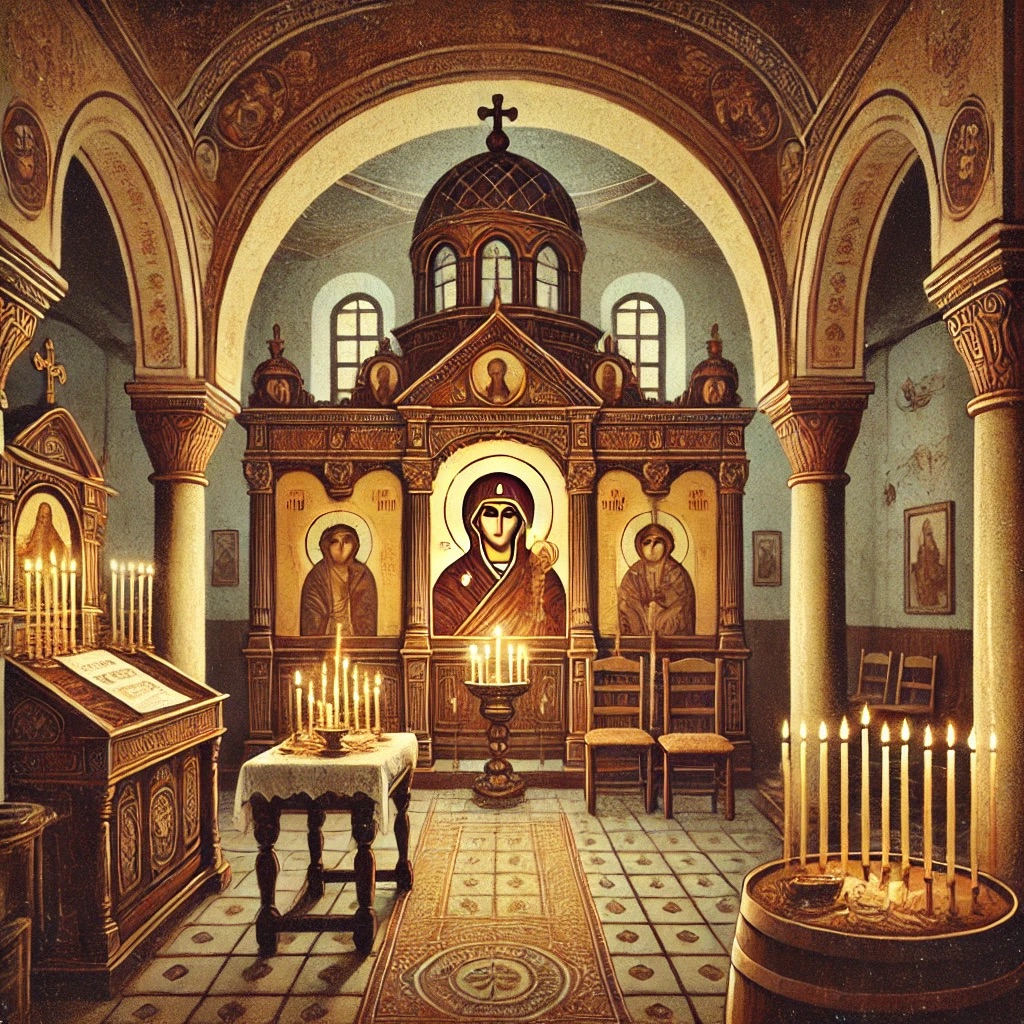
Regional Celebrations: Where Tradition Thrives
While the entire country observes Dekapentavgoustos, some regions are particularly renowned for their celebrations.
- Tinos Island: Perhaps the most famous of all is Tinos, home to the Church of Panagia Evangelistria. This church houses a miraculous icon of the Virgin Mary, believed to be a source of healing. Pilgrims from across Greece and beyond flock to Tinos, many fulfilling vows by crawling on their hands and knees from the port to the church. The day is marked by solemn processions, with the icon carried through the streets amidst a sea of faithful followers.
- Paros Island: On the island of Paros, the celebration at the Church of Ekatontapiliani is equally vibrant. The church, known as the “Church of 100 Doors,” is one of the oldest and most important Christian monuments in Greece. The festivities on Paros include a grand procession, traditional music, dancing, and communal feasts, drawing visitors from all over the country.
- Kefalonia Island: The Monastery of Panagia Fidousa on Kefalonia is famous for the appearance of harmless snakes, which are believed to be a sign of the Virgin Mary’s blessing. The locals see this as a miracle, adding a unique aspect to the celebration on this island.
- Naxos Island: Another significant celebration occurs in Filoti, a village on the island of Naxos. The Feast of the Virgin Mary there is marked by three days of festivities, including music, dance, and the sharing of traditional food, making it one of the most lively celebrations in the Cyclades.
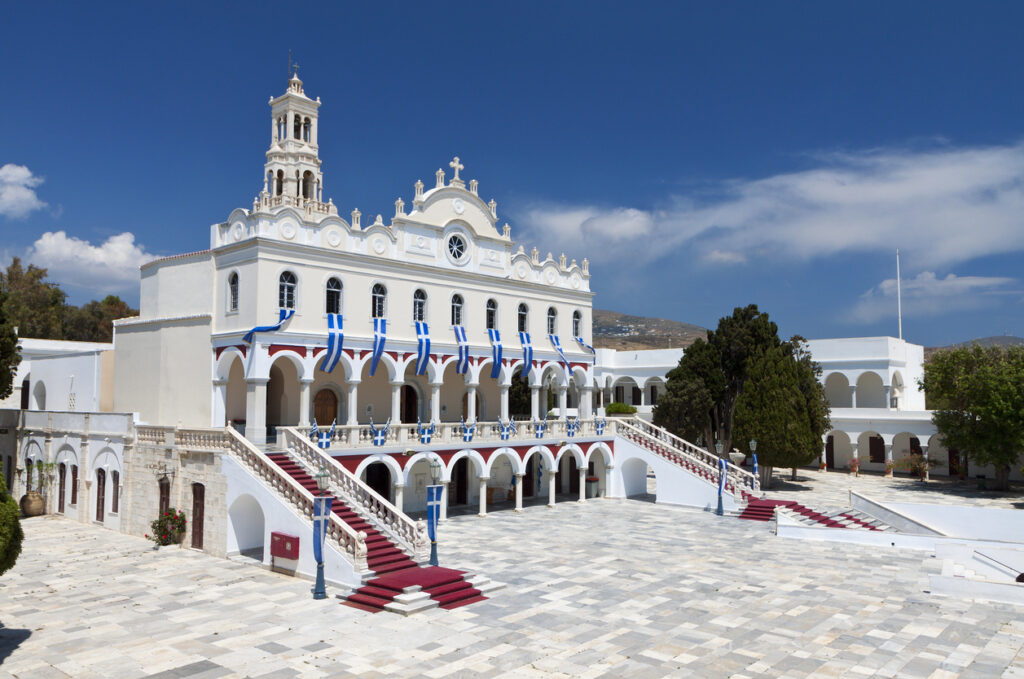
How Greeks Celebrate Dekapentavgoustos
For many Greeks, Dekapentavgoustos is a time for family gatherings, feasting, and connecting with tradition. In the days leading up to August 15th, many participate in a period of fasting, which makes the communal meals on the day itself even more special. Churches hold vigils and liturgies, and after the religious services, the day is often spent with family and friends, enjoying a meal that typically includes roasted meats, fresh vegetables, and an array of traditional sweets.
In villages and islands, local festivals, or “panigyria,” often coincide with Dekapentavgoustos, featuring traditional music, dancing, and sometimes even fireworks. These gatherings are a chance for people to return to their roots, as many who live in cities make the journey back to their ancestral homes to celebrate.
Dekapentavgoustos is more than just a religious holiday in Greece—it’s a profound expression of faith, community, and tradition. Whether it’s the solemn pilgrimage on Tinos or the lively panigyria on Naxos, this day unites Greeks in celebration, reinforcing bonds of family and faith that define the Greek way of life. If you ever find yourself in Greece on August 15th, you’ll experience firsthand why this day is held so dear in the hearts of the Greek people.

